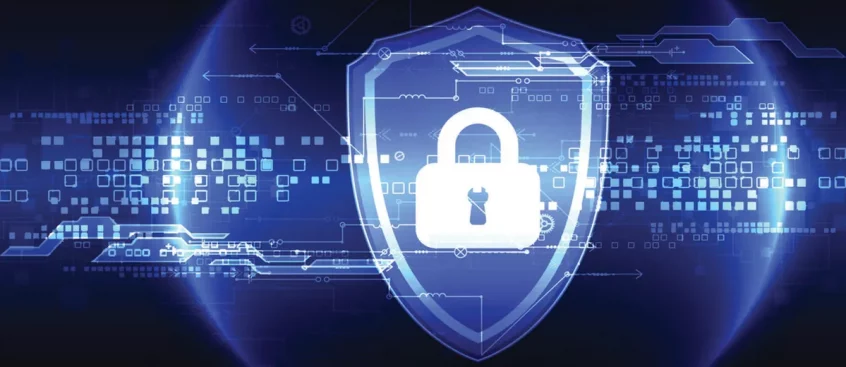People often represent the weakest link in the security chain and are chronically responsible for the failure of security systems
Bruce Schneier, Founder of the Electronic Frontier Foundation
Get Started Today

Introduction
Internet hygiene is more important than ever. The digital footprint of the average person can cause exposure and vulnerability. Ransomware as a service is only going to become more prolific and there are few, if any, products that can truly protect against it. The SecureStick combined with the training on this site is one of the few products that is designed from the ground up as a retardant from these malicious actors.
So What can you do to stay safe?
Snakebytes Security Tips
Phishing is where someone intentionally deceives you in order to steal your money or impersonate you in order to access your accounts. This can take place in e-mails or on websites. If you suspect phishing, do not respond and check the url or sender. Here are some of the major warning signs to look out for in an email.

Use multi-factor authentication wherever possible. It may seem inconvenient now, but when a hacker can’t get into your bank account because they don’t have your phone, you’ll be glad you did.


Updates are necessary to ensure your favorite software has its exploits patched.
Fun Fact:
The average number of lines of code for a web browser is over 3 million, which is too many to be secured beforehand.

Make frequent backups. The ability to have copies of your data stored on a drive which is untouchable by hackers is as invaluable as the childhood memories stored there.